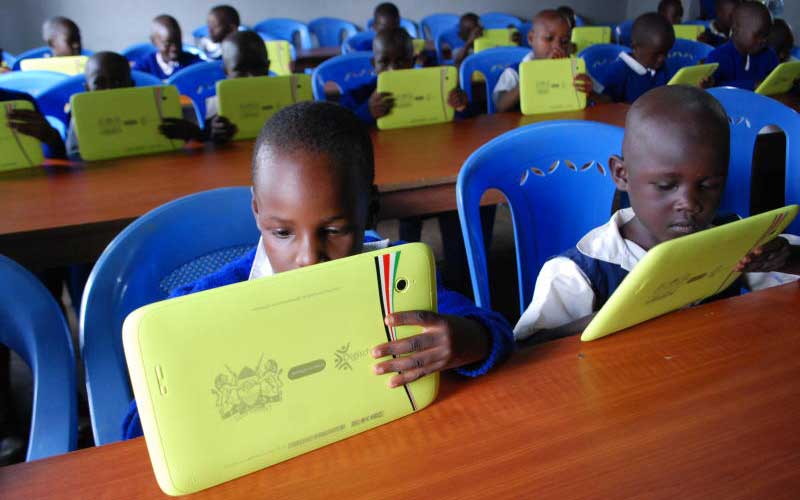×
The Standard e-Paper
Fearless, Trusted News

Class One pupils from Getembe Primary School in Kisii township during a past class in 2016. [File, Standard]
The government has defended the Digital Literacy Programme (DLP), saying it is ready to support schools as they implement online learning.